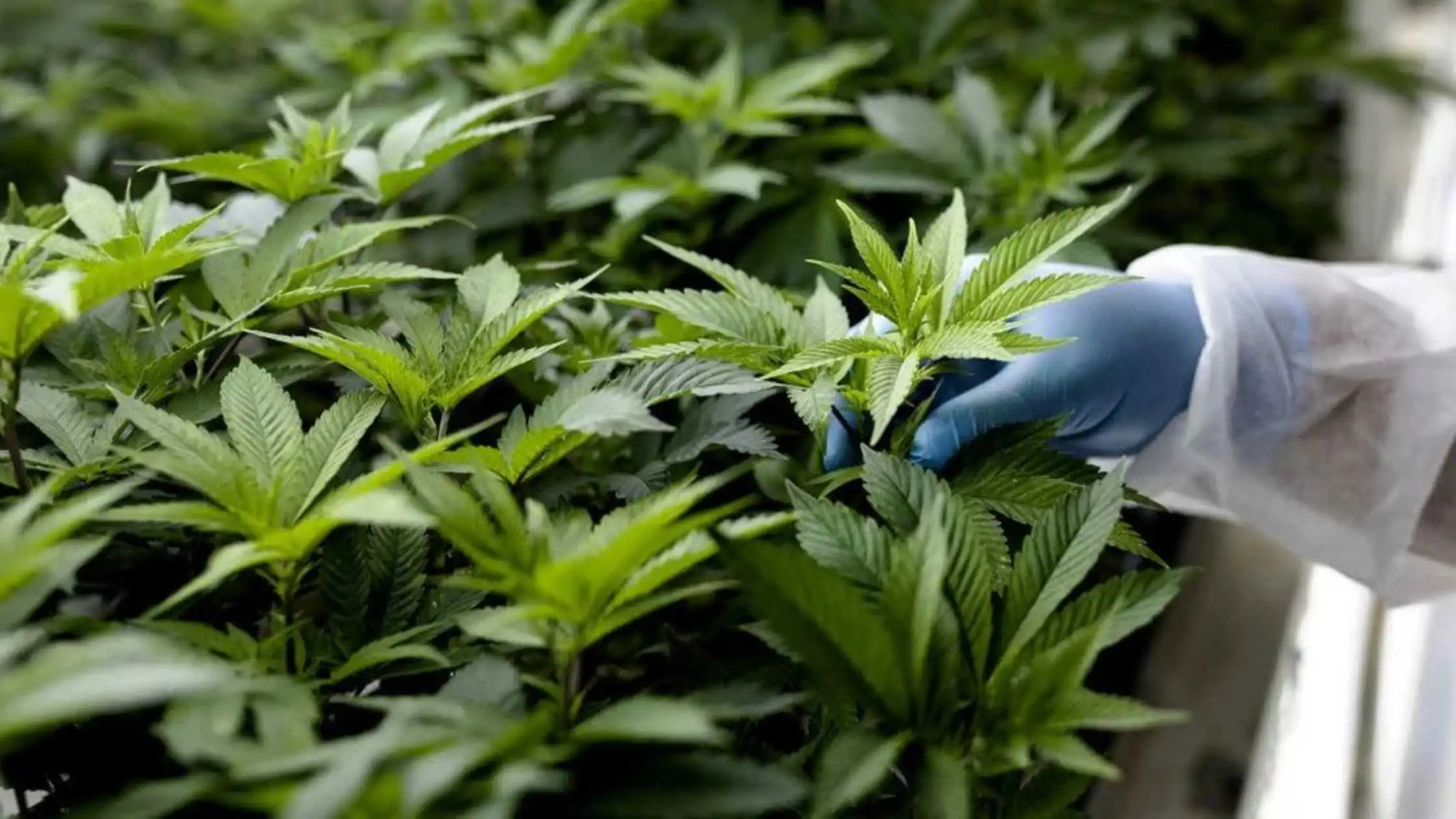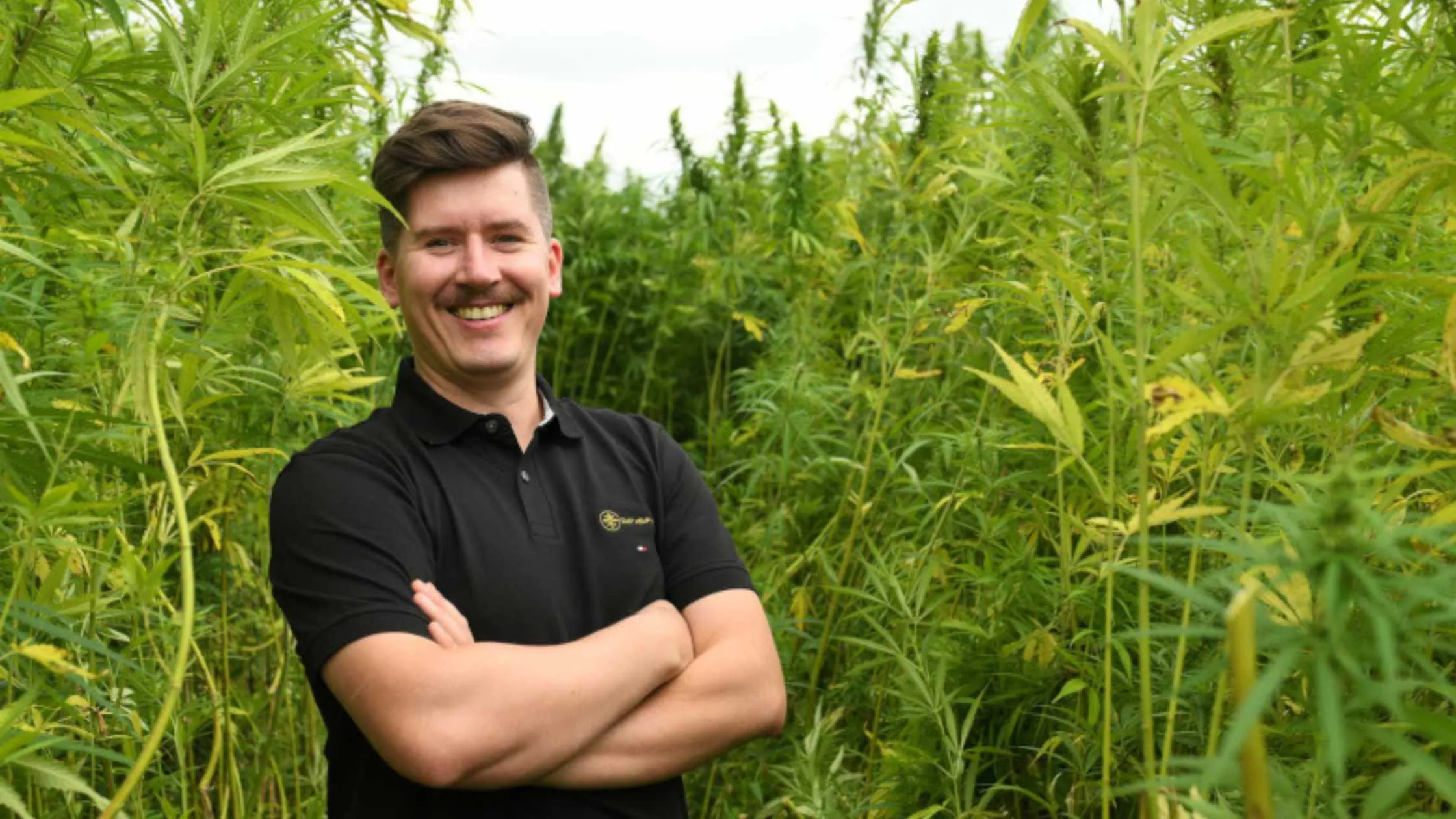What to know about Terpenes?
Terpenes are aromatic compounds found in many plants, though many people commonly associate them with cannabis because cannabis plants contain high concentrations of them. These aromatic compounds create the characteristic scent of many plants, such as cannabis, pine, lavender, and fresh orange peel. The fragrance of most plants is due to a combination of terpenes. In nature, these terpenes protect the plants from animal grazing or infectious germs.
However, terpenes may also offer some health benefits to the human body. As regulations surrounding cannabis become less strict, scientists are carrying out more research into these possible benefits. Please keep reading to learn more about terpenes in general, as well as further information about their potential health benefits.
What are they?
Terpenes are highly aromatic compounds that determine the smell of many plants and herbs, such as rosemary and lavender, as well as some animals. Manufacturers use isolated terpenes to create the flavors and scents of many everyday products, such as perfumes, body products, and even foods. Terpenes play a vital role in plants. In some plants, terpenes attract pollinators, while in other plants, they cause a strong reaction to repel predators, such as insects or foraging animals.
Some terpenes play a protective role in the plant, helping the plant to recover from damage; others act as a part of the plant’s immune system to keep away infectious germs. Some people also use the term terpenoids. However, terpenes and terpenoids are not the same. Terpenes are the natural form of these compounds when they are in the live plant. As a plant dries and cures — in the production of cannabis, for example — the terpenes oxidize and become terpenoids.
How are they different from Cannabinoids?
Cannabinoids are chemical compounds in cannabis. Cannabinoids, such as tetrahydrocannabinol (THC), activate receptors in the body’s endocannabinoid system. This is what creates the “high” that people experience when they use cannabis.
Cannabidiol (CBD) is another cannabinoid that is becoming more and more popular for its medicinal properties. Although CBD acts on some of the same receptors as THC, it influences them differently and does not create any euphoria.
THC and CBD may be the most well-known cannabinoids, but they are just two of over 100 cannabinoids Trusted Source that the cannabis plant contains. The cannabis plant also contains terpenes, which are among the most abundant compounds in the natural world.
Terpenes are primarily responsible for the smell of most plants and some animal compounds. However, some may also act on the endocannabinoid system in the body in a similar way to cannabinoids. The key difference is that the body absorbs and uses these compounds in different ways.
Do terpenes affect people?
Many terpenes are bioactive, which means they may affect the body. This effect will vary based on the concentration of the terpene itself and how a person uses it. Because terpenes produce vibrant smells, they form the basis of many essential oils and are an integral part of many alternative therapies, such as aromatherapy. Inhaling the scents from some plants and essential oils may affect a person’s mood and stress levels.
Some people believe that terpenes will affect or enhance the high a person gets from using cannabis. This is known as the entourage effect Trusted Source, and it implies that terpenes enhance or alter the effects of THC and CBD in the body.
Some research backs up these claims. For instance, a review in Frontiers in Neurology Trusted Source found that people with epilepsy who took a CBD-rich extract had improved symptoms and fewer side effects than those who took purified CBD. This suggests that the other components in cannabis, such as terpenes, may affect how the body uses CBD. There is plenty of medical research on isolated terpenes themselves, and some may even make their way into medical use. A study in Chemico-Biological Interactions notes that many terpenes have demonstrated beneficial effects on the body and could serve as alternative medicine or therapies.
Disclaimer: This article is originally published on https://www.medicalnewstoday.com/articles/what-are-terpenes#:~:text=Terpenes%20are%20highly%20aromatic%20compounds,body%20products%2C%20and%20even%20foods.





